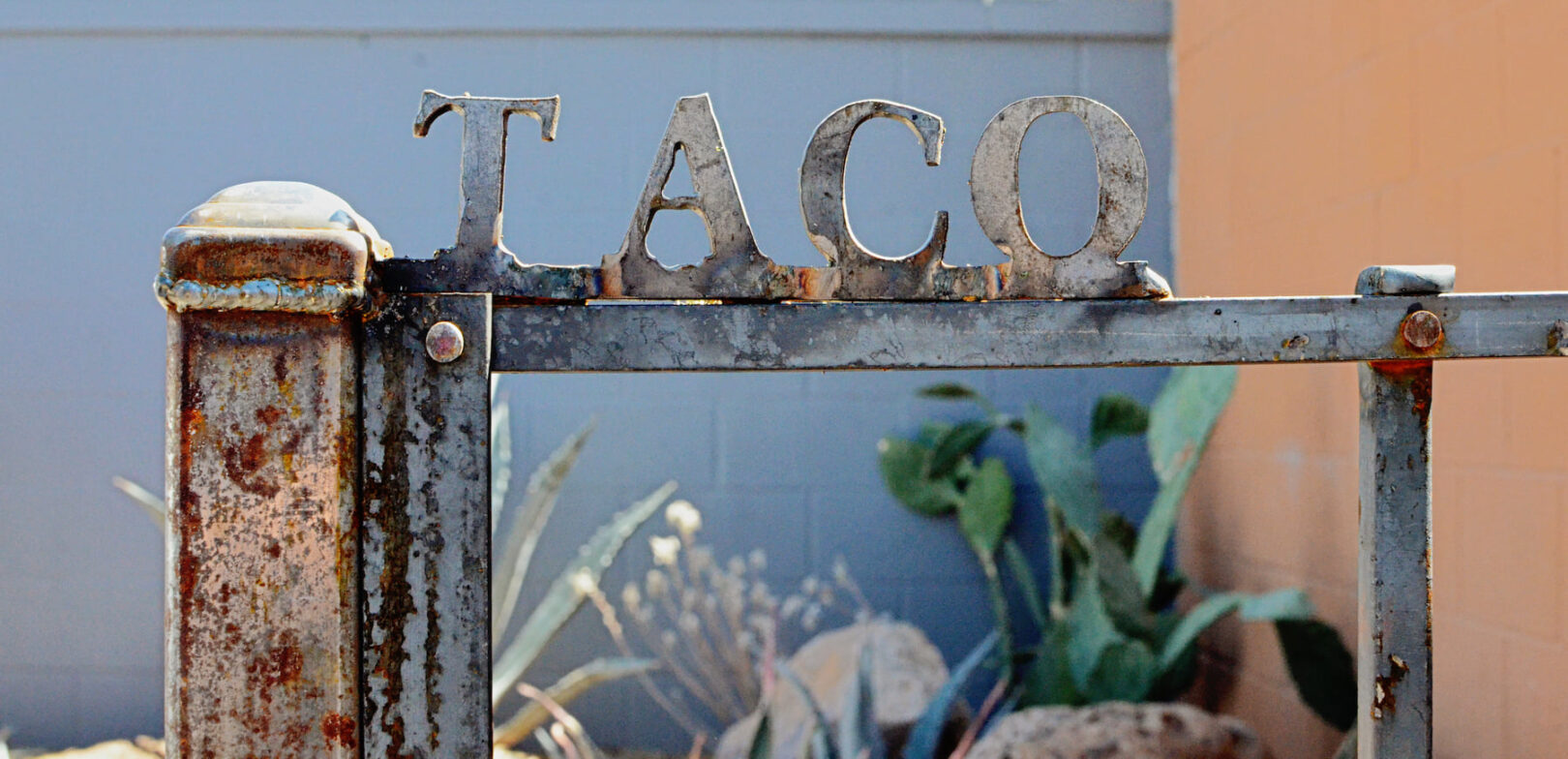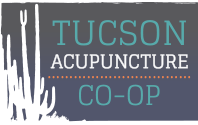 What is TACO’s community acupuncture setting?
What is TACO’s community acupuncture setting?
In the US, acupuncture treatments are often given on tables in individual cubicles. This is not traditional in Asia, where acupuncture usually occurs in a community setting. In our clinic we primarily use recliners in a large, quiet, soothing space. Treating patients in a community setting has many benefits: it’s easy for friends and family members to come in for an acupuncture treatment together; many patients find it comforting; and a collective energetic field becomes established which actually makes individual treatments more powerful. In some styles of acupuncture, the needles are removed after only a few minutes or after a half hour at most. The style of acupuncture we practice at Tucson Acupuncture Co-op allows patients to keep their needles in as long as they want as the “right” amount of time can vary from patient to patient. Most people learn after a few treatments when they feel “done”, this can take anywhere from twenty minutes to a couple of hours! Most patients tend to stay about 45 minutes to an hour. Many people also fall asleep during their treatment, and wake up feeling quite refreshed. We call it naptime for grownups.
I’m a new patient, what do I need to know?
You will need to fill out forms which takes about 10-15 minutes. You may download these forms and bring the completed forms with you. This helps support us since it reduces the amount of paper shuffling on our end and reduces time spent in our waiting room. The forms are in PDF format online. You can download them here.
We require masks for everyone in the clinic for the entire duration of their visit. Our staff and practitioners also wear masks. Currently, we REQUIRE KN95/N95’s OR double masks (at least one surgical under a cloth or two surgical masks). We will not treat you without a proper mask that fits correctly. We do sell US-made KN95 masks for $3, which helps cover the cost.
Typically, people stay for their treatment between 45 minutes and one hour.
Please wear comfortable clothing. We use acupuncture points on the feet and legs up to the knee as well as the hands and arms up to the elbow so try to wear clothing that will allow us access to those parts of your body. Please try to avoid wearing tight pants or stockings that won’t roll up.
Please don’t wear strong scents like perfume or cologne. Some people have extreme sensitivities, allergies, or will have a hard time relaxing around these fragrances. If the scent is too strong we may have to ask you to return without it before getting treatment. We don’t want to offend you if we enforce this policy, we just want to make the clinic a safer space for everyone. Thank you for understanding.
Please eat and drink a little something beforehand. Your treatment will be more relaxing and the acupuncture will have more fuel to work with! In addition, since we require masks worn inside the clinic, it’s best to hydrate before and after your visit.
When you schedule your appointment online, the system will hold your appointment with a credit card, however you can pay with cash, check or your card on file when you arrive. We require 24 hours notice for any cancellations or changes so that your reserved recliner can be used by someone else at that time; our cancellation fee is the rate of your appointment that will be applied to the card in the event of a late cancellation, no-show (more than 10 minutes late), or late rescheduling.
Inclusivity Policy
Most inclusivity statements have a laundry list of all the things they won’t discriminate against: gender identity, religion, race, sexual orientation, disability, income level, nationality, etc. At Tucson Acupuncture Co-op, we won’t discriminate based on those things, either. We not only welcome the people protected by such anti-discrimination statements, we will safeguard our space to make sure that it remains welcoming. We also specifically think it’s important to mention that we are all white practitioners (and recognize knowing this this is an important aspect of safety for potential patients) who practice a modality outside our cultural lineage, and strive to recognize the complexities of this dynamic within the clinic, and outside the clinic within our varying communities.
